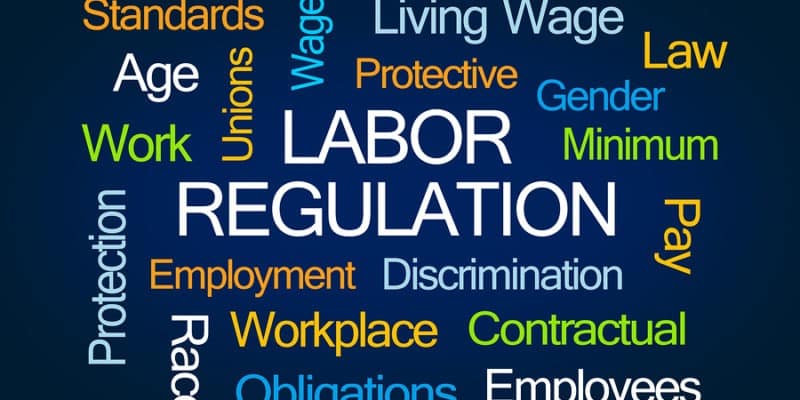AUTHOR: Matt Leonard
PUBLISHED: Aug. 22, 2019
Dive Brief:
- XPO Logistics has reached a settlement with 3,772 plaintiffs in a case accusing the company of breaking California labor laws by requiring the plaintiffs to work off-the-clock without pay, failing to pay overtime and other allegations, according to a motion for settlement approval filed this past Friday by the plaintiffs.
- The $5.5 million settlement will result in an average payout of $935.18 for each plaintiff, 1,981 drivers and 1,791 helpers, according to court documents filed in the U.S. District Court of the Northern District of California court this week.
- The plaintiffs have requested the settlement be given preliminary approval and for the court to set a date for the final approval hearing. A proposed schedule filed by the plaintiffs lists Sept. 4 as the potential date for the preliminary approval hearing.
Dive Insight:
XPO will sometimes contract with other carriers to provide last-mile delivery services. The plaintiffs in this case were drivers and helpers for these contract carriers who allege XPO is the lawful employer in these situations because it had “extensive and pervasive control over the drivers’ and helpers’ workday,” according to the settlement documents.
The original complaint outlines various California labor laws the plaintiffs accused XPO of not abiding including unpaid overtime, not paying minimum wage, depriving contract workers of meal and rest periods, and failing to pay wages in a timely manner.
…
The plaintiff, who accepted the settlement on behalf of the class, was willing to settle because he “recognizes the risk that the Court may determine Plaintiff and the putative class were not employees of XPO,” the settlement documents read.
XPO argues that even if it was considered an employer it would be a co-employer with the contract carriers.
…







